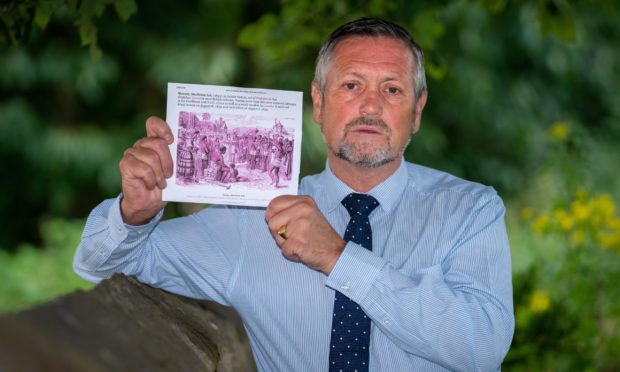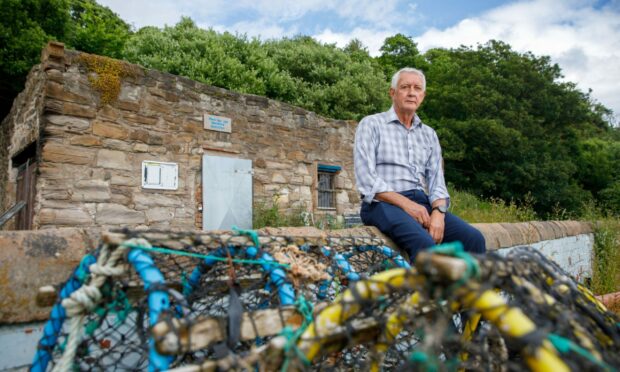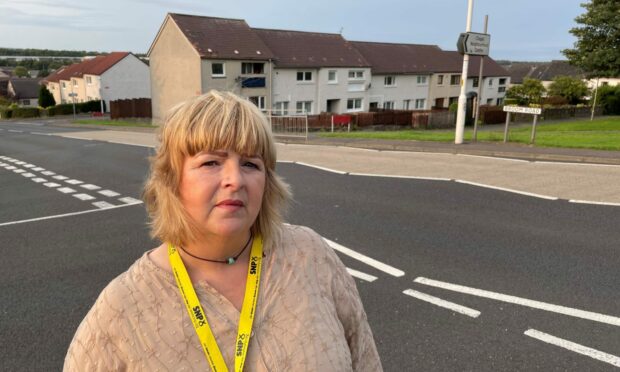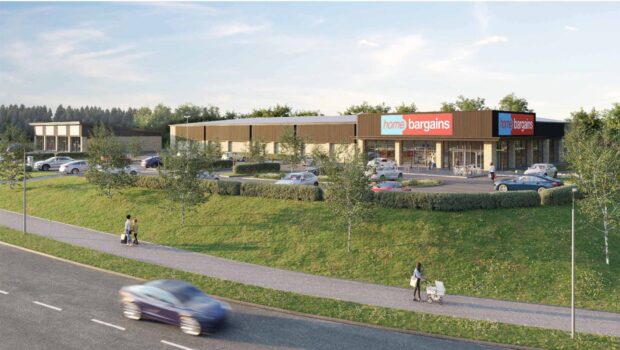Schools should teach children about the slave trade in an effort to root out systemic racism, a Fife councillor has said.
Labour councillor Garry Haldane has launched a bid to persuade the local authority to introduce an educational improvement programme on the history of slavery across the region.
He said it should form part of a slavery action plan for Fife, which would also identify places that glorify those associated with the trade.
In a motion to go before a full council meeting on Thursday, Mr Haldane said he was not looking to tear down statues or street names or to point fingers of blame at historical figures.
He would rather see them incorporated into any new education programme, similar to schools visiting the Auschwitz concentration camp to learn about the holocaust.
“I am asking that we incorporate this part of history into our school programmes to educate our young people and look at how attitudes were formed and ingrained in our thoughts and actions,” he said.
He maintained that teaching the subject in schools would put equality “front and centre” and added: “Our children will not have the systemic built-in tribal beliefs that previous generations have had.”
Fife Council has already begun an audit of street names in the region and five addresses with potential links to the slave trade have already been identified in Kirkcaldy, Dunfermline and Lochgelly.
They include Balfour Street in Kirkcaldy and Balfour Court, Lochgelly, named after Sir James Balfour, owner of a sugar plantation in Suriname with at least 700 slaves.
According to research by University College London, 19 addresses in Fife, available to view on an interactive map, are legacies of British slave ownership.
Mr Haldane said: “I am not asking for statues, buildings or street names etc to be taken down or removed. Where would this end?
“Would half of Edinburgh be demolished, Glasgow or even Jamaica?
“Auschwitz is there as a living reminder of the atrocities that happened, do we pull that down and erase the mistakes? No, we have included it in our schooling and in our educational studies.
“We need to understand our human relations and how we can educate our young people to enhance them no matter the differences between ourselves and others who do not look the same as us.”










